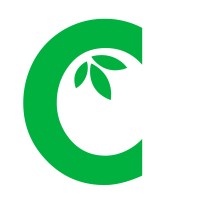
Clean Foundation — Science Horizons Youth Internship
At a glance
- Maximum amount : 25,000 $
- Up to 50% of project cost
- Open Date : August 1, 2021
- Closing date : July 9, 2024
- Professional, scientific and technical services
- Educational services
- Other services (except public administration)
- Public administration
- Nova Scotia
- Non-profit
- Public or Parapublic institution
- For-profit business
- Sole proprietorship
- All revenue ranges
- All organization sizes
- Indigenous Peoples
- Youth (<40)
- Higher Education
- Environment
- Employment and Training
- Children and Youth Organizations
- Diversity and Inclusion
- Children & youth
- Young adults
- Indigenous peoples
- New immigrants & refugees
- All structures
- Local
- Municipal
- Regional
- Provincial
- National
Overview
Hire an intern for a positions that help combat climate changes and receive a subsidy of up to 50% of their salary, maximum $25 000 or 80% for youth from employment equity groups.
Activities funded
This grant is available to companies throughout Canada, as long as they meet the specified criteria. There are no specific geographical limitations within Canada for applicants of this program.
- Companies located anywhere in Canada.
Eligibility
Eligible employers must meet specific criteria to qualify for the Science Horizons Internship Program funding.
- Be a legal entity incorporated or registered in Canada, including for-profit and not-for-profit organizations.
- Include Indigenous organizations and groups, such as band councils, tribal councils, and self-government entities.
- Be a provincial, territorial, regional, or municipal government, or their departments, agencies, institutions, and Crown Corporations, where applicable.
- Be a public health, educational (including post-secondary educational institutions), or cultural organization.
- Be an individual.
- Have the ability to contribute at least 20% of the total cost of each internship.
- Create a position with an environmental focus for someone who does not currently work at the organization.
- Host an internship between 6-11 months in length.
- Be located anywhere in Canada.
- Be capable of supervising and mentoring an intern with a formal training plan.
- Have an established payroll system.
- Be able to receive payments by direct deposit.
Who is eligible?
Eligible organizations include legal entities incorporated or registered in Canada, Indigenous organizations and groups, various levels of governments and their departments, public health, educational and cultural organizations, and individuals. The program encourages employers who can provide environmental-focused positions for young Canadians.Who is not eligible
Legal entities incorporated or registered in Canada, including for-profit and not-for-profit organizations, Indigenous organizations and groups, provincial, territorial, regional, and municipal governments, public health, educational, and cultural organizations, and individuals are all eligible for the grant.
- Nothing
Eligible expenses
The Science Horizons Internship Program places young Canadians in engaging roles within the clean economy, reinforcing the workforce with skilled, job-ready individuals. This program supports organizations by providing significant wage subsidies and barrier alleviation funds.
- Placement of young Canadians in environmental roles within the clean economy.
- Provision of meaningful work experiences to youth to enhance their skills and career readiness.
- Support for organizations through wage subsidies covering up to 80% of an intern’s salary.
- Assistance for employment equity groups with higher subsidy rates.
- Facilitation of diverse projects with a focus on clean technologies and sustainable practices.
Eligible geographic areas
The Science Horizons Internship Program subsidizes expenses related to intern salaries, training, and support for barrier alleviation.
- Up to 80% of an intern's salary for youth from employment equity groups, to a maximum of $25,000.
- Up to 50% of an intern's salary for qualified, job-ready youth, to a maximum of $25,000.
- Barrier alleviation funds for training, certifications, personal protective equipment, transportation, childcare/family care, remote work supports, adaptive technology, etc.
Selection criteria
There are evaluation and selection criteria for this grant. The evaluation and selection criteria include:
- Eligibility of the employer and the intern
- Creation of a position with an environmental focus
- Ability to host an internship between 6-11 months
- Location in Canada
- Supervision and mentoring plan for the intern
- Established payroll system
- Capability to receive payments by direct deposit
How to apply
Register as a Science Horizons Employer
- Submit an online employer application.
- Provide details such as the gross salary for the position, length of internship, and a detailed job description.
Hire an Intern
- Upon approval of your employer application, you have 60 days to hire an eligible intern.
- Ensure the intern also completes an intern registration application.
- If the position is posted on Clean Foundation's job board, you may receive candidates to review.
Onboard Intern
- Wait for the intern’s application approval and contract creation by Clean Foundation.
- Provide a signed offer letter outlining the gross salary and employment conditions.
- Receive the first installment of the wage subsidy within 30 days of contract signature.
- Complete a questionnaire with the intern as part of the onboarding process.
Submit Proof of Salary
Program Requirements Compliance
- Participate in a mandatory check-in conducted by Clean Foundation halfway through the internship.
- Report immediately any changes in internship terms or early termination.
Internship Completion and Final Subsidy Payment
- Submit all required documents, including final reports and proof of salary.
- Receive final subsidy payment upon document review and approval by Clean Foundation.
Additional information
Here are additional relevant details for this grant:
- The program requires employers to provide meaningful work experiences with an environmental focus.
- The employer is required to have a formal training plan for mentoring the intern.
- Employers must submit proof of the intern's salary each month signed by a CPA or authorized individual.
- A mid-term check-in is mandatory to ensure the progress and growth of the internship.
- A final subsidy payment is contingent upon the submission and review of all required documents and reports.
Frequently Asked Questions about the Clean Foundation — Science Horizons Youth Internship Program
What is the Clean Foundation — Science Horizons Youth Internship?
How much funding can be received?
What is the deadline to apply?
Who is eligible for the Clean Foundation — Science Horizons Youth Internship program?
What expenses are eligible under Clean Foundation — Science Horizons Youth Internship?
Where is the Clean Foundation — Science Horizons Youth Internship available?
Is the Clean Foundation — Science Horizons Youth Internship a grant, loan, or tax credit?
More programs like this
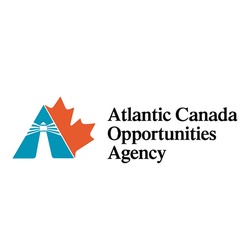
Regional Defence Investment Initiative in Atlantic Canada
Atlantic Canada Opportunities Agency (ACOA)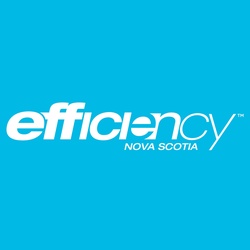
Business Energy Rebates
Efficiency Nova Scotia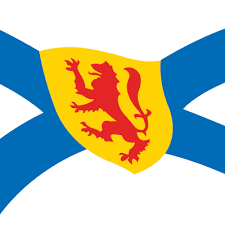
START Program
Government of Nova Scotia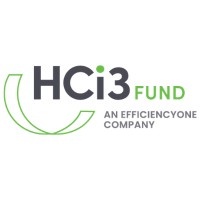
Youth Climate Action Fund
Halifax Climate Investment, Innovation and Impact Fund (HCi3)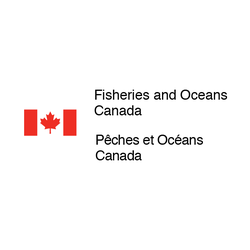
Atlantic Fisheries Fund – Atlantic innovation, infrastructure or science partnerships funding
Fisheries and Oceans Canada (DFO)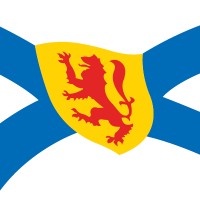
Launch Export Atlantic Incubator
Government of Nova Scotia
Job Creation Partnerships (JCP)
Government of Nova Scotia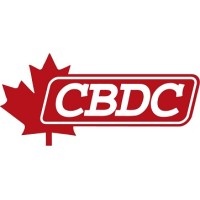
CBDC Young Millionaires Program
Community Business Development Corporations (CBDC)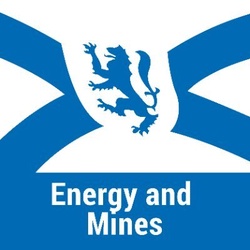
Connect2
Government of Nova Scotia